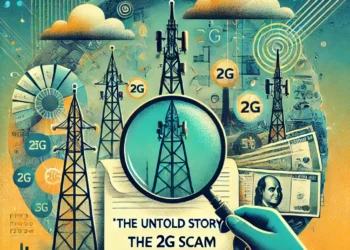Today, I intend to delve into a subject often regarded as taboo: the formulation of regulations, particularly concerning the allocation of India’s natural resources/licenses to private entities. In my perspective, this situation is nothing short of a “paradox”, as this intricate process often yields suboptimal regulations drafted with the intent of serving the nation’s best interests. This discussion in my note, aims to shed light on why this issue persists and propose potential solutions to rectify it. In doing so, I will draw upon my extensive experience in the telecom sector, an industry that has been a focal point of intense public discourse, notably due to the infamous 2G scam.
The Compelling Drive to Preserve Flexibility
The fundamental approach during drafting rules is to preserve maximum flexibility for the government to accommodate potential future changes if necessary. However, this intense desire to retain flexibility not only renders the rules incomplete but also leaves them susceptible to misinterpretation by both the public and monitoring institutions (CVC, CBI, & CAG, etc.).






